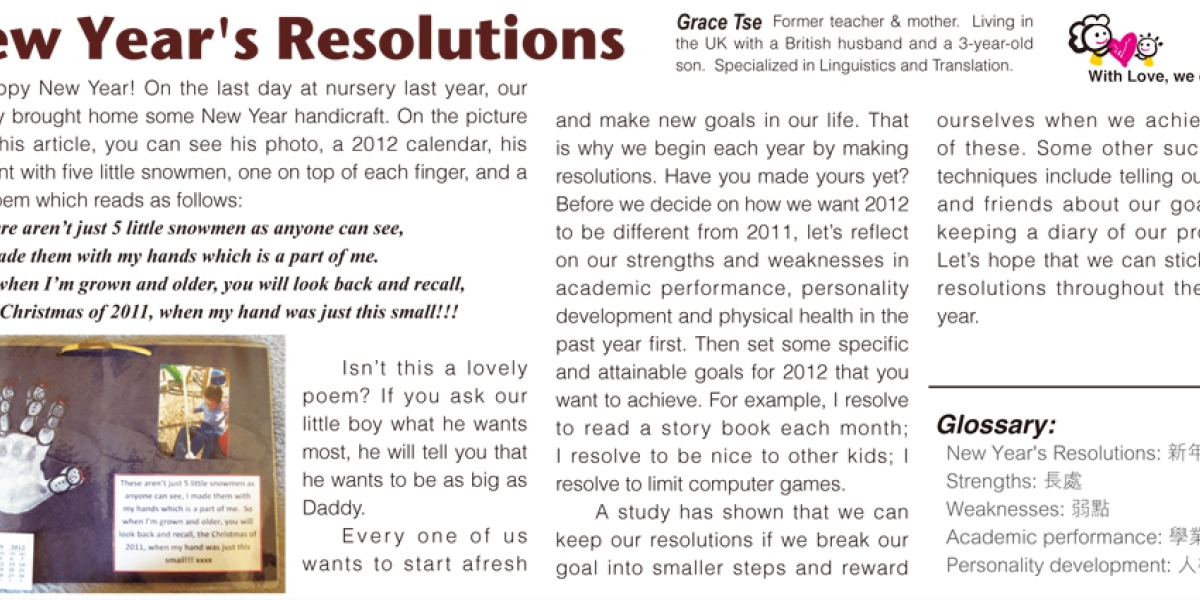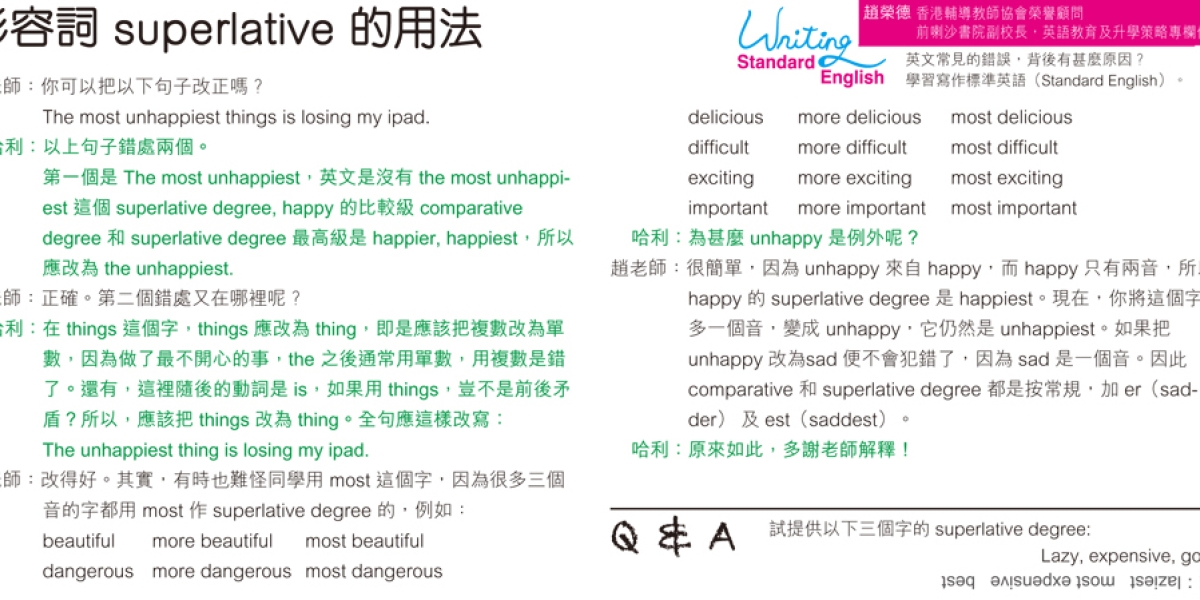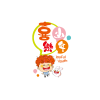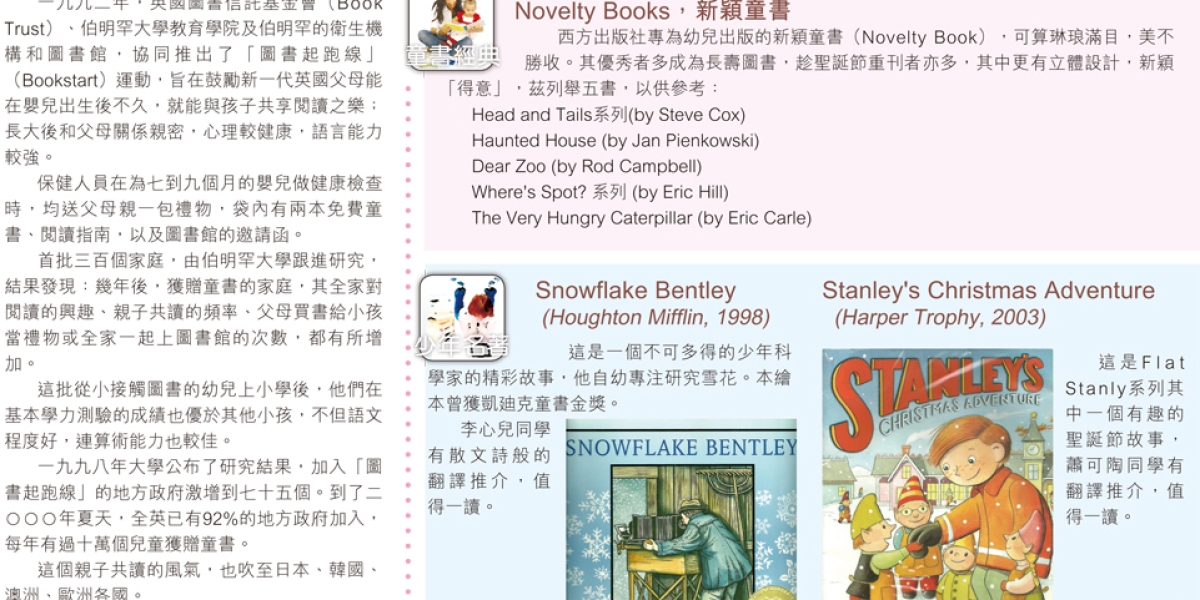昔日文章


Neither East Nor West
2012.02.05
Sign of Jonah
A couple of Sundays ago, Jan 22, the first reading was from the book of the prophet Jonah 《約納先知書》. We are very familiar with the story. I have two things for you to think about.
First, why did Jonah get swallowed by a whale? Because he did not want to go to Nineveh. Why? Because Nineveh was the capitol of Assyria, and Assyria was the enemy of Israel. Why would Jonah want the Assyrians to repent and not be punished (think “wiped out”) by God? Hurray. Go do it, God. So Jonah would not go. But God WANTS them to be saved. And God insisted. That is the background of the story.
Second, most people stop reading after the first 3 chapters. The most interesting part is in chapter 4. Take the time to read it now, or else the next paragraphs will not make sense. (pause)
So what does it say?
‘Then the LORD said, “You are concerned over the gourd plant which cost you no effort and which you did not grow; it came up in one night and in one night it perished. And should I not be concerned over the great city of Nineveh, in which there are more than a hundred and twenty thousand persons who cannot know their right hand from their left, not to mention all the animals?”’ (vs 10,11)
God cares for all people, including our enemies, because He created all of us. We are His children regardless of race, ethnicity…..
The story of Jonah is not simply about his being swallowed up by a giant fish. It is about:
1. God wants to save the world, eventually sending His Son Jesus to die on the Cross.
2. God wants us to love even our enemies.
3. God will even use someone like Jonah, who did NOT want to do His Will, to be His prophet.
So really, we have no excuses, if we believe in Jesus, even when we are not willing or obedient. He wants us do His work of Love and Salvation.
On a more timely application to this lesson, let us look at the issues of ecology(生態學), environmental protection(環保)and abortion (人工流產,墮胎).
Sunday, January 22, 2011, marked the 39th anniversary of the legalization of abortion in the US in 1973. In Hong Kong, abortion became legal on Feb 17, 1981.
To be honest, when I was growing up in Hong Kong I knew about abortion but did not think much about it. It was just there. I did not consider whether it was right or wrong. It had nothing to do with me and this was before it was legalized.
I first thought about it when it became legal while I was at the university in US. We were discussing it and listening to what the Church had to say.
Even today, most discussions involve the issues of the rights of the woman to choose, to decide for herself about her own body. Other discussions are about the circumstances of the pregnancy, the supposed population “explosion” etc… (It is certainly not about our sinful misuse of the gift of sexuality by one or both parties that resulted in a non-desired condition of having a baby.)
I would just like to know what did the innocent baby do to deserve such a horrible death? In this day and age, where we are so concerned with the preciousness of the environment and green earth, we simply ignore the preciousness of a human life. We treat a baby worse than the worst enemy of society. We are thinking like Jonah, of our own self interests.
Jesus wants more from us. He wants us to love one another as He has loved us.


With Love, we can do it
2012.01.08
New Year's Resolutions
Happy New Year! On the last day at nursery last year, our little boy brought home some New Year handicraft. On the picture below this article, you can see his photo, a 2012 calendar, his handprint with five little snowmen, one on top of each finger, and a short poem which reads as follows:
There aren’t just 5 little snowmen as anyone can see,
I made them with my hands which is a part of me.
So when I’m grown and older, you will look back and recall,
the Christmas of 2011, when my hand was just this small!!!
Isn’t this a lovely poem? If you ask our little boy what he wants most, he will tell you that he wants to be as big as Daddy.
Every one of us wants to start afresh and make new goals in our life. That is why we begin each year by making resolutions. Have you made yours yet? Before we decide on how we want 2012 to be different from 2011, let’s reflect on our strengths and weaknesses in academic performance, personality development and physical health in the past year first. Then set some specific and attainable goals for 2012 that you want to achieve. For example, I resolve to read a story book each month; I resolve to be nice to other kids; I resolve to limit computer games.
A study has shown that we can keep our resolutions if we break our goal into smaller steps and reward ourselves when we achieve one of these. Some other successful techniques include telling our family and friends about our goals and keeping a diary of our progress. Let’s hope that we can stick to our resolutions throughout the whole year.
Glossary:
New Year's Resolutions: 新年新決心
Strengths: 長處
Weaknesses: 弱點
Academic performance: 學業成績
Personality development: 人格發展


Writing Standard English
2012.01.08
形容詞 superlative 的用法
趙老師:你可以把以下句子改正嗎?The most unhappiest things is losing my ipad.
哈利:以上句子錯處兩個。第一個是 The most unhappiest,英文是沒有 the most unhappiest 這個 superlative degree, happy 的比較級 comparative degree 和 superlative degree 最高級是 happier, happiest,所以應改為 the unhappiest.
趙老師:正確。第二個錯處又在哪裡呢?
哈利:在 things 這個字,things 應改為 thing,即是應該把複數改為單數,因為做了最不開心的事,the 之後通常用單數,用複數是錯了。還有,這裡隨後的動詞是 is,如果用things,豈不是前後矛盾?所以,應該把 things 改為 thing。全句應這樣改寫:
The unhappiest thing is losing my ipad.
趙老師:改得好。其實,有時也難怪同學用 most 這個字,因為很多三個音的字都用 most 作 superlative degree 的,例如:
beautiful more beautiful most beautiful
dangerous more dangerous most dangerous
delicious more delicious most delicious
difficult more difficult most difficult
exciting more exciting most exciting
important more important most important
哈利:為甚麼 unhappy 是例外呢?
趙老師:很簡單,因為 unhappy 來自 happy,而 happy 只有兩音,所以happy 的 superlative degree 是 happiest。現在,你將這個字加多一個音,變成 unhappy,它仍然是 unhappiest。如果把 unhappy 改為sad 便不會犯錯了,因為 sad 是一個音。因此 comparative 和 superlative degree 都是按常規,加 er(sadder) 及 est(saddest)。
哈利:原來如此,多謝老師解釋!
Q﹠A
試提供以下三個字的 superlative degree:
Lazy, expensive, good
答案:laziest most expensive best


Great Books for Children Teenagers 網絡時代,通識閱讀
2011.12.18
「圖書起跑線」運動,以書為禮
一九九二年,英國圖書信託基金會(Book Trust)、伯明罕大學教育學院及伯明罕的衛生機構和圖書館,協同推出了「圖書起跑線」(Bookstart)運動,旨在鼓勵新一代英國父母能在嬰兒出生後不久,就能與孩子共享閱讀之樂;長大後和父母關係親密,心理較健康,語言能力較強。
保健人員在為七到九個月的嬰兒做健康檢查時,均送父母親一包禮物,袋內有兩本免費童書、閱讀指南,以及圖書館的邀請函。
首批三百個家庭,由伯明罕大學跟進研究,結果發現:幾年後,獲贈童書的家庭,其全家對閱讀的興趣、親子共讀的頻率、父母買書給小孩當禮物或全家一起上圖書館的次數,都有所增加。
這批從小接觸圖書的幼兒上小學後,他們在基本學力測驗的成績也優於其他小孩,不但語文程度好,連算術能力也較佳。
一九九八年大學公布了研究結果,加入「圖書起跑線」的地方政府激增到七十五個。到了二○○○年夏天,全英已有92%的地方政府加入,每年有過十萬個兒童獲贈童書。
這個親子共讀的風氣,也吹至日本、韓國、澳洲、歐洲各國。
「人生從母懷開始」,人所共知。「人生從父母懷中聽故事開始」,有英國前例可援,理應引發有識父母仿效,以造福兒童。以書為禮,若趕不及在幼兒開始,也可以在今年聖誕節開始。
Novelty Books,新穎童書
西方出版社專為幼兒出版的新穎童書(Novelty Book),可算琳琅滿目,美不勝收。其優秀者多成為長壽圖書,趁聖誕節重刊者亦多,其中更有立體設計,新穎「得意」,茲列舉五書,以供參考:
Head and Tails系列(by Steve Cox)
Haunted House (by Jan Pienkowski)
Dear Zoo (by Rod Campbell)
Where's Spot? 系列 (by Eric Hill)
The Very Hungry Caterpillar (by Eric Carle)
Snowflake Bentley (Houghton Mifflin, 1998)
這是一個不可多得的少年科學家的精彩故事,他自幼專注研究雪花。本繪本曾獲凱廸克童書金獎。
李心兒同學有散文詩般的翻譯推介,值得一讀。


